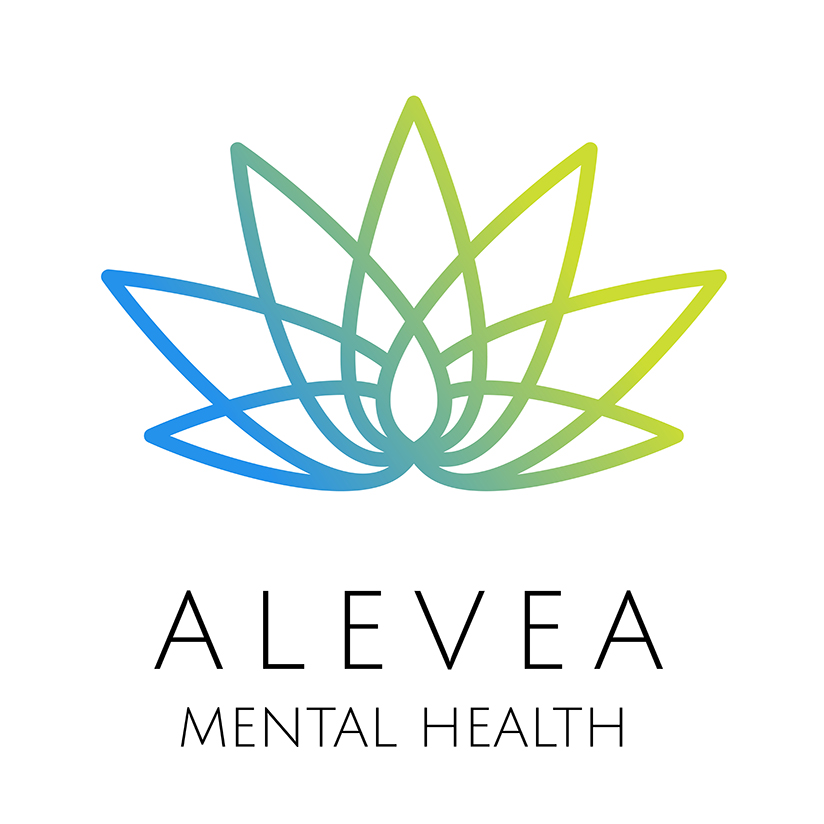Coping Strategies for Dealing with Depression
Depression is a serious mental health condition that affects millions of people worldwide, including adults. Often misunderstood and stigmatized, depression can significantly impact an individual’s daily life, relationships, and overall well-being. However, there are strategies and coping mechanisms that can help individuals in dealing with this challenging condition. In addition, when addressing mental health concerns, it is important to consider other underlying conditions that may contribute to depression, such as ADHD. Seeking appropriate help, such as ADHD testing for adults, can be an essential part of the coping process.
One of the crucial coping strategies for individuals dealing with depression is seeking professional help. Mental health professionals, such as therapists or counselors, provide a safe space for individuals to express their thoughts and feelings. Through therapy sessions, individuals learn coping mechanisms and strategies tailored to their specific needs. Additionally, therapists can provide insights into underlying issues that may contribute to depression, such as attention-deficit/hyperactivity disorder (ADHD). As ADHD can often co-occur with depression, it is essential to consider proper ADHD testing for adults to receive accurate diagnoses and comprehensive treatment plans.
Another valuable coping strategy for dealing with depression is building a support network. Surrounding oneself with understanding and empathetic individuals can provide a sense of connection and reduce feelings of isolation often associated with depression. Family, friends, or support groups can offer invaluable emotional support and encouragement during difficult times. Sharing experiences, discussing coping techniques, and seeking advice from others who have gone through similar struggles can be immensely beneficial.
Engaging in regular physical activity has also been proven to be an effective coping strategy for depression. Exercise releases endorphins, also known as “feel-good” hormones, which can considerably boost mood and reduce symptoms of depression. Engaging in activities, such as walking, jogging, or participating in sports, not only provides a healthy outlet for emotions but also helps distract from negative thoughts.
Furthermore, practicing self-care is vital for individuals coping with depression. Taking time to prioritize one’s physical and emotional well-being can help in managing depressive symptoms. This can involve engaging in activities that bring joy, participating in hobbies, practicing relaxation techniques, getting adequate sleep, and maintaining a balanced diet.
It is essential to note that different coping strategies work for different individuals. What may work well for one person might not have the same effect on another. Therefore, it is crucial to explore and experiment with various coping mechanisms until finding the ones that work best.
In conclusion, coping with depression requires a multi-faceted approach that addresses both the mental and physical aspects of the condition. Seeking professional help, building a support network, engaging in regular physical activity, and practicing self-care are all important strategies for managing depression. In addition, considering other underlying conditions, such as ADHD, through accurate ADHD testing for adults, can guide individuals toward the most effective treatments and coping strategies. Remember, there is support and hope available for those who are struggling with depression, and through the implementation of appropriate coping strategies, individuals can regain control of their lives.
Publisher Details:
Alevea Mental Health | Young Adult Psychiatry
https://www.aleveamentalhealth.com/
“Discover the power of self-care and find your path to mental wellness with Alevea Mental Health – your one-stop destination for effective solutions and expert guidance. Take the first step towards a brighter, more fulfilled future today!”
For more information on adhd testing adults contact us anytime.

